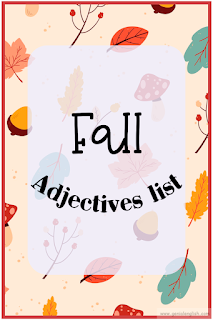Future Will
 |
| Future will |
Grammar of the Future Tense "Will"
The future tense "will" is formed by adding the auxiliary verb "will" before the base form of the verb. For example:
"I will go to the store" or "She will sing a song."
Subject + will + verb + supplement
It is important to note that the future tense "will" is the same for all subjects: I, you, he/she/it, we, and they.
We can also use it in a negative form
"I won't go to the store" or "She won't sing a song."
Subject + will not + verb + supplement
When asking questions, the structure changes. The auxiliary verb goes before the subject as follows:
Will she go to the store?
When will she go to the store?
Uses of "Will" in Daily Life
1. Predictions: We use the future tense "will" to make predictions about what we think will happen in the future. For example, "I think it will rain tomorrow."
2. Promises: We use the future tense "will" to make promises or to express our intentions to do something in the future. For example, "I will call you later" or "I will visit you next week."
3. Offers: We use the future tense "will" to make offers or to express our willingness to do something in the future. For example, "I will help you with your homework."
4. Requests: We use the future tense "will" to make polite requests in the future. For example, "Will you pass me the salt, please?"
5. Habits: We use the future tense "will" to talk about habitual actions or events that are likely to occur in the future. For example, "She will always wake up early."
Want to practice will? Look at the pictures and listen to the audio, type the answer, and remember to use the grammatical will rules!



Comments
Post a Comment